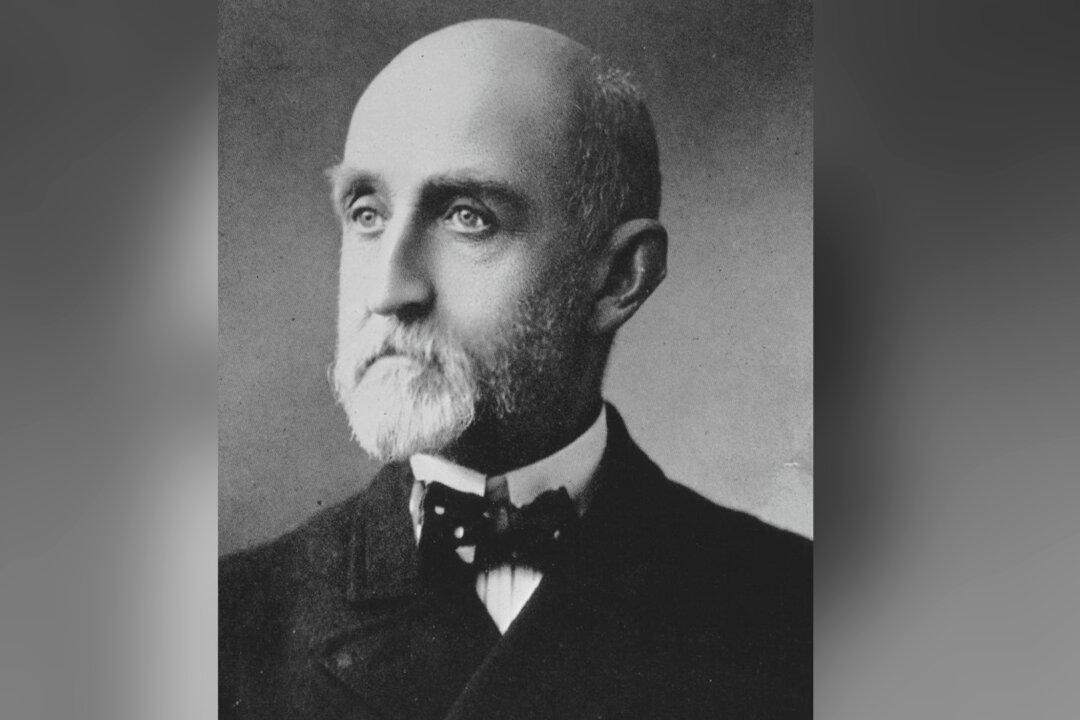Alfred Thayer Mahan (1840–1914) was born in West Point, New York, and was the son of a professor of civil and military engineering at the U.S. Military Academy. Despite his proximity to the military academy, it was the Navy that transfixed the young Mahan. After attending Columbia College in New York City, he was recommended for an appointment to the U.S. Naval Academy in Annapolis, Maryland by Jefferson Davis.
Mahan enjoyed a 40-year career in the U.S. Navy that would see his involvement in the Civil War and the Spanish-American War, but those involvements paled in comparison to his involvements in the lecture halls of naval academies and his global influence on the view of sea power.






